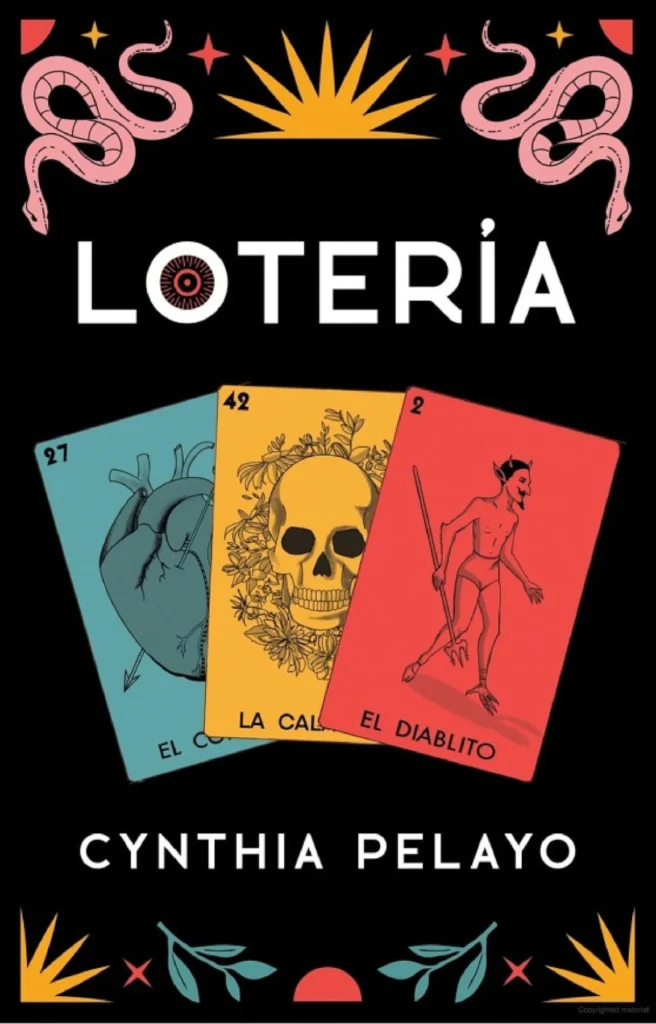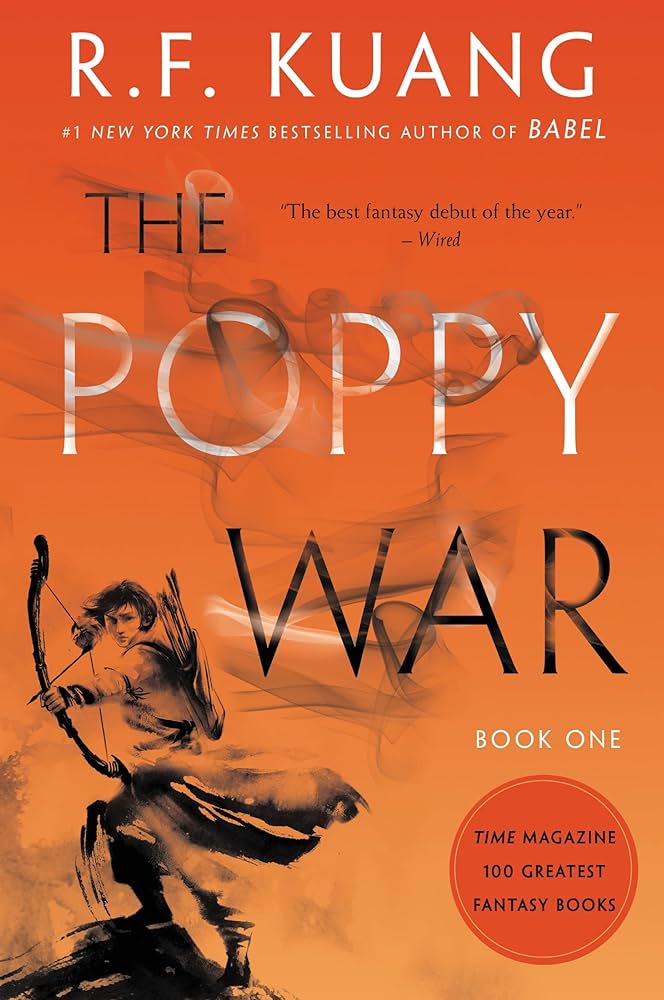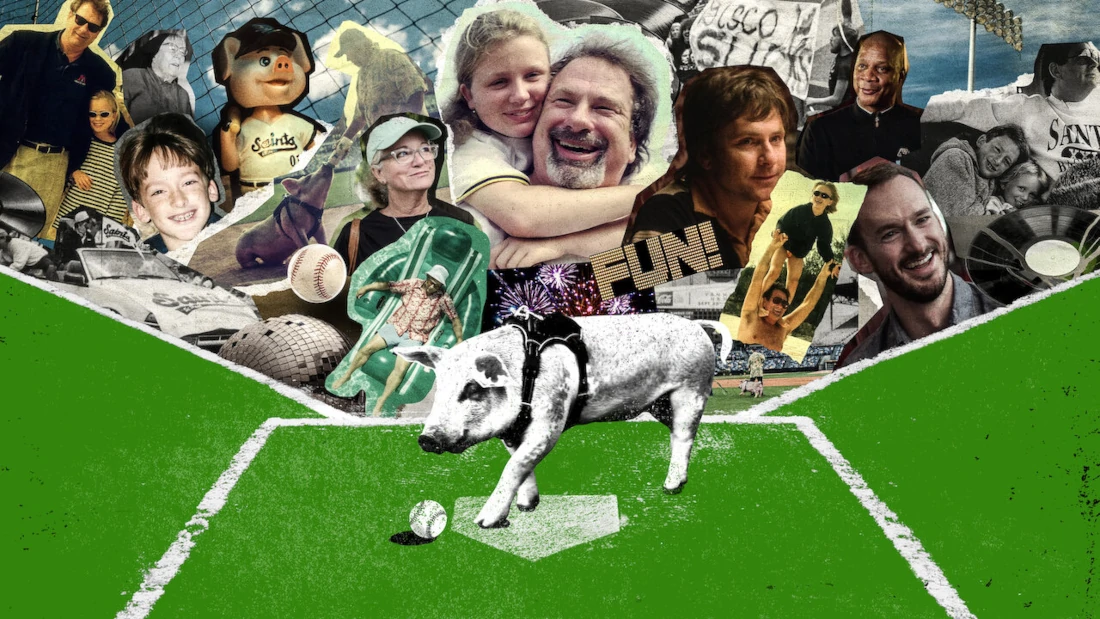
October Staff Picks
Words By F(r)iction Staff
Dominic Loise
The Saint of Second Chances
This past baseball season has not been the best for fans of either of Chicago’s two major league teams. The new documentary The Saint of Second Chances reminded me of another White Sox season, which did not end well: 1979. That season saw the end of era for both owner and fan’s connection to the team and was the last one played in the classic Comiskey Park before it was torn down. For a while now, the concept of ego death is something that I have been working on in therapy and I feel the topic is portrayed rather well in this baseball documentary. The documentary deals with the legacy of the Veeck family, their relationship to the sport and most importantly their connection to the fans and each other.
The hook for most viewers will be the seventies Chicago White Sox era, when Michael Veeck worked for his father Bill Veeck. Bill was the last of an old breed of owners, who could operate a team without their own financial independence. It also meant that Bill had to think outside of the box and make every dollar stretch to run the team. He could not compete with free agency salaries for big money players so the White Sox had to fill the stadium with promotions. One promotion which filled the seats but turned out to be a historic blight on baseball was Disco Demolition Night.
Many people have reflected back on the night when Steve Dahl, a local stock jock blew up a crate of disco albums and his young, mainly male fans stormed the field and destroyed both a double header and the stadium. The people who packed the stands this night were not baseball fans but listeners of a rock station. When you hear the announcer Harry Caray say “This is a sad day for baseball”, that statement is underscored by owner Bill Veeck on the field pleading with thousands of young adults and kids running past him in disorderly conduct.
Recently, that night has been looked through the lens of a book burning that had white youths destroying and the words & work of black, latin & queer artists of the time and demanding that this music not be played on radio station airwaves. Dahl is not in the documentary except for archival footage but would go on to talk about the event for decades throughout his long standing radio career and write a book about it. Mike Veeck does reflect back on that night, as he was head of promotions for the team. He also reflects on how it affected his father’s career in baseball, how his father sold the team afterwards and how the stadium was torn down to then be rebuilt.
The remainder of the documentary is about Mike Veeck being lost, facing his demons, finding new opportunities with a newly formed baseball league. The documentary focuses on the clarity he finds by focusing on his family, creating a fan community & the love of the game before his preconceived career goals.
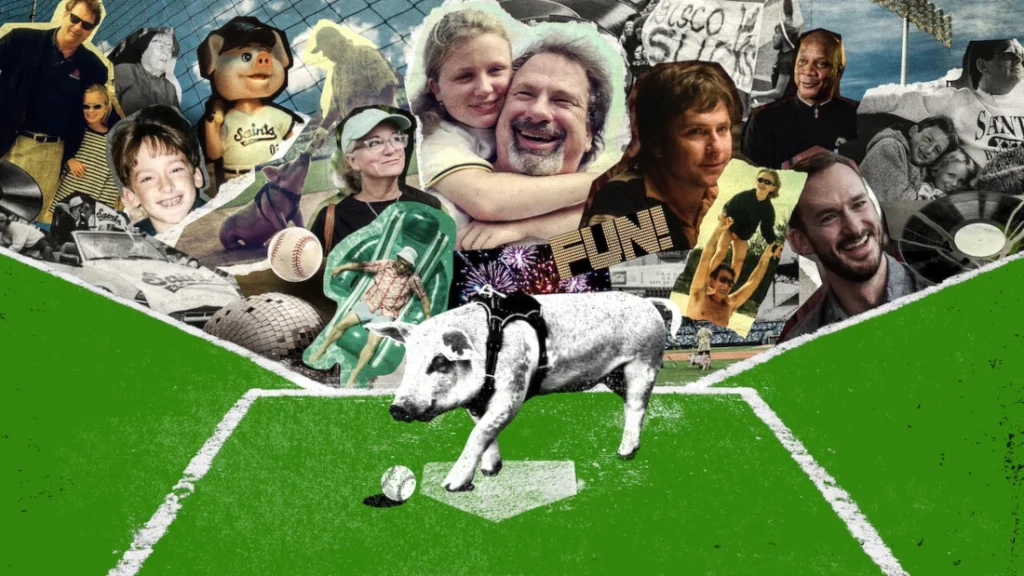
Maribel Leddy
The Poppy War by R.F. Kuang
I recently read The Poppy War by R.F. Kuang, the first of an epic grimdark fantasy series that follows main character Rin. I picked up and finished the book in one day. The world that Kuang created, the characters, and the way its plot draws on real life events from twentieth century China made it an undeniable page-turner for me. Kuang is a Marshall Scholar, Chinese-English translator and an award-winning author. Outside of the Poppy War Trilogy, she’s also written Babel and Yellowface, both of which made the New York Times bestseller list.
In The Poppy War, we follow war-orphan Rin who is desperate to escape a fate of being married off by her relatives. To do so, she focuses on acing the Keju—the Empire-wide test to find the most talented youth to learn at the Academies. She does so, and is expectant for her new life, but finds herself facing many more challenges than she anticipated at Sinegard, the most elite military school in Nikan. This book explores things like colorism, class, and war in nuanced ways that made me think and learn a lot. Rin herself is an extremely intriguing main character who brings nuance to the idea of a “hero” in literature and whose thirst for power may be her downfall—or the thing that saves everyone she cares about.
Valerie San Filippo
The Hurricane Book
I’ve waited so long for Claudia Acevedo-Quiñones’ debut, The Hurricane Book! Part history, part lyric memoir, it tells of the history of Puerto Rico and the lives on one family through six hurricanes. It is INTENSE. Acevedo-Quiñones echoes the stark reality of Puerto Rico’s struggles under colonial oppression with the ebb and flow of her own family history. On every page her family seems to grow in scale and importance, their personal stories and small quirks overriding cold facts to form a new kind of living, breathing history.
This book is not for the feint of heart. You’ll probably weep— I certainly did. It’s full of pain, betrayal, and pinprick moments of hope. The language is stunning. It’s a personal and political history seared with a loving anger that stays with you long after you’ve put the book down.
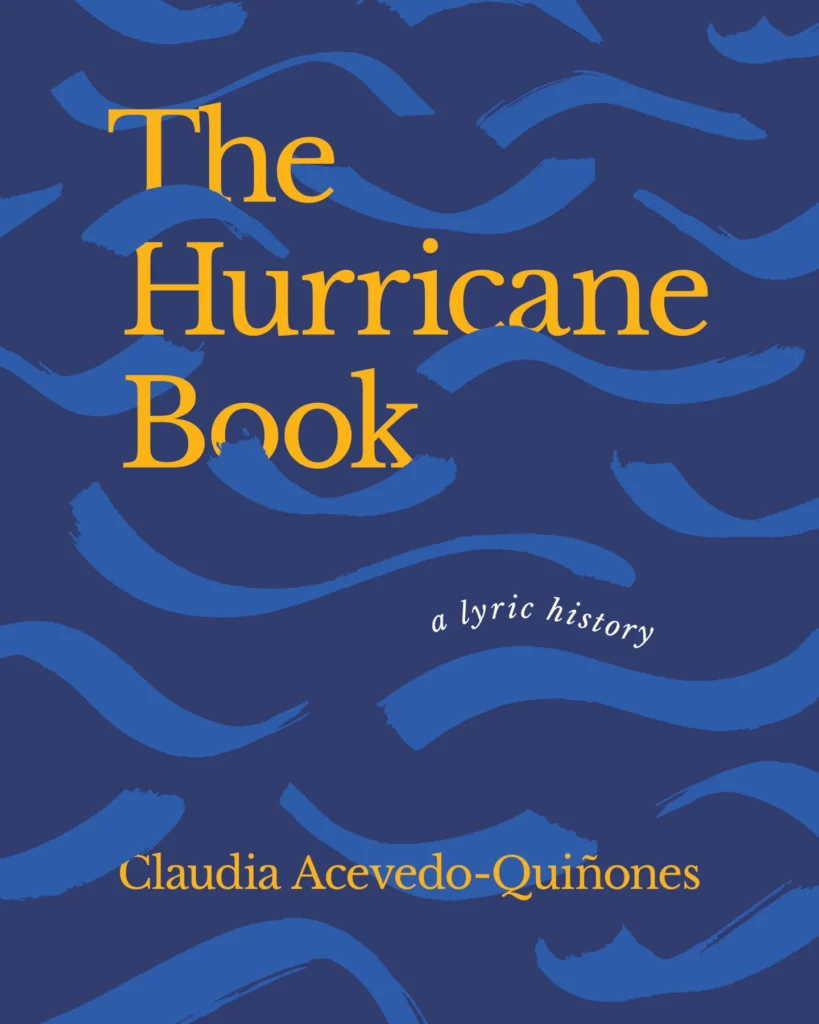
Sara Santistevan
Loteria
I discovered Cynthia Pelayo’s horror collection Lotería just in time for spooky season, but I’ll enjoy re-reading this book year round!
Each chapter features a short story, poem, or flash fiction piece based on a card from the Mexican game lotería. As someone who plays lotería with my family every year on Christmas Eve, I was so excited to see how Pelayo would connect each iconic card to her retelling of Latine folklore.
The connections between card and myth ranged from clear to subtle, with some taking me completely by surprise. For instance, the flash piece “La Dama” (“The Lady”) is a retelling of the tale of La Llorona, a wailing woman whose spirit wanders the earth at night in search of children to replace her children she drowned. On the other hand, there is no umbrella in the short story “El Paraguas” (“The Umbrella”); the connection between narrative and card may only be evident to Spanish speakers who can pick up on Pelayo’s clever wordplay. As for the wildly creative retellings, consider “La Luna” (“The Moon”), which blends Guaraní creation legends with imagining the President of Argentina as an employer of werewolf bodyguards.
With a total of fifty-four chapters, Lotería is an impressive feat, showcasing Pelayo’s dedication to crafting a mosaic of unnerving tales that pay homage to the rich tradition of horror retellings within folklore.
